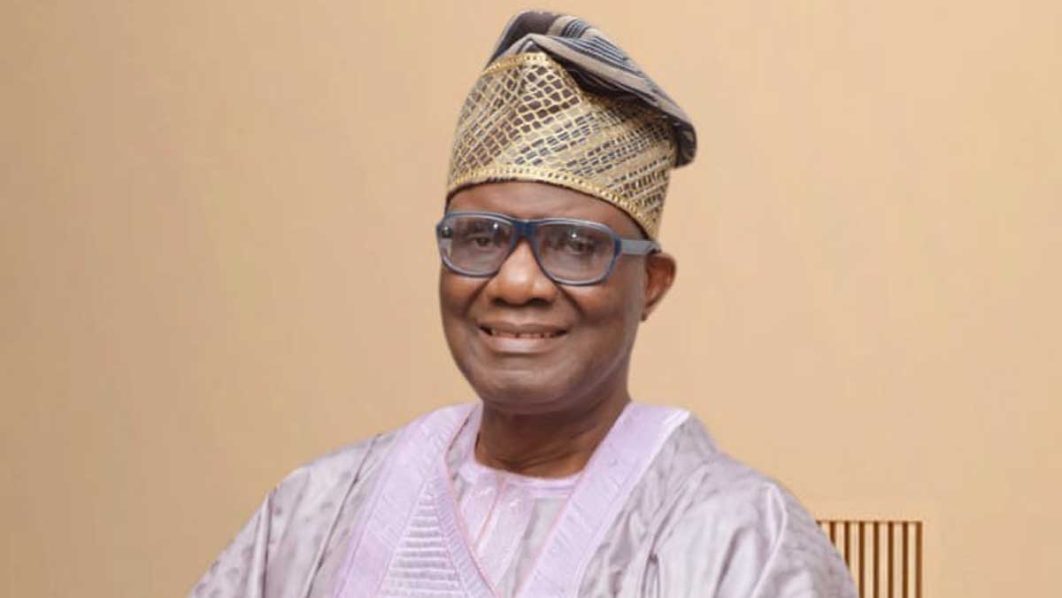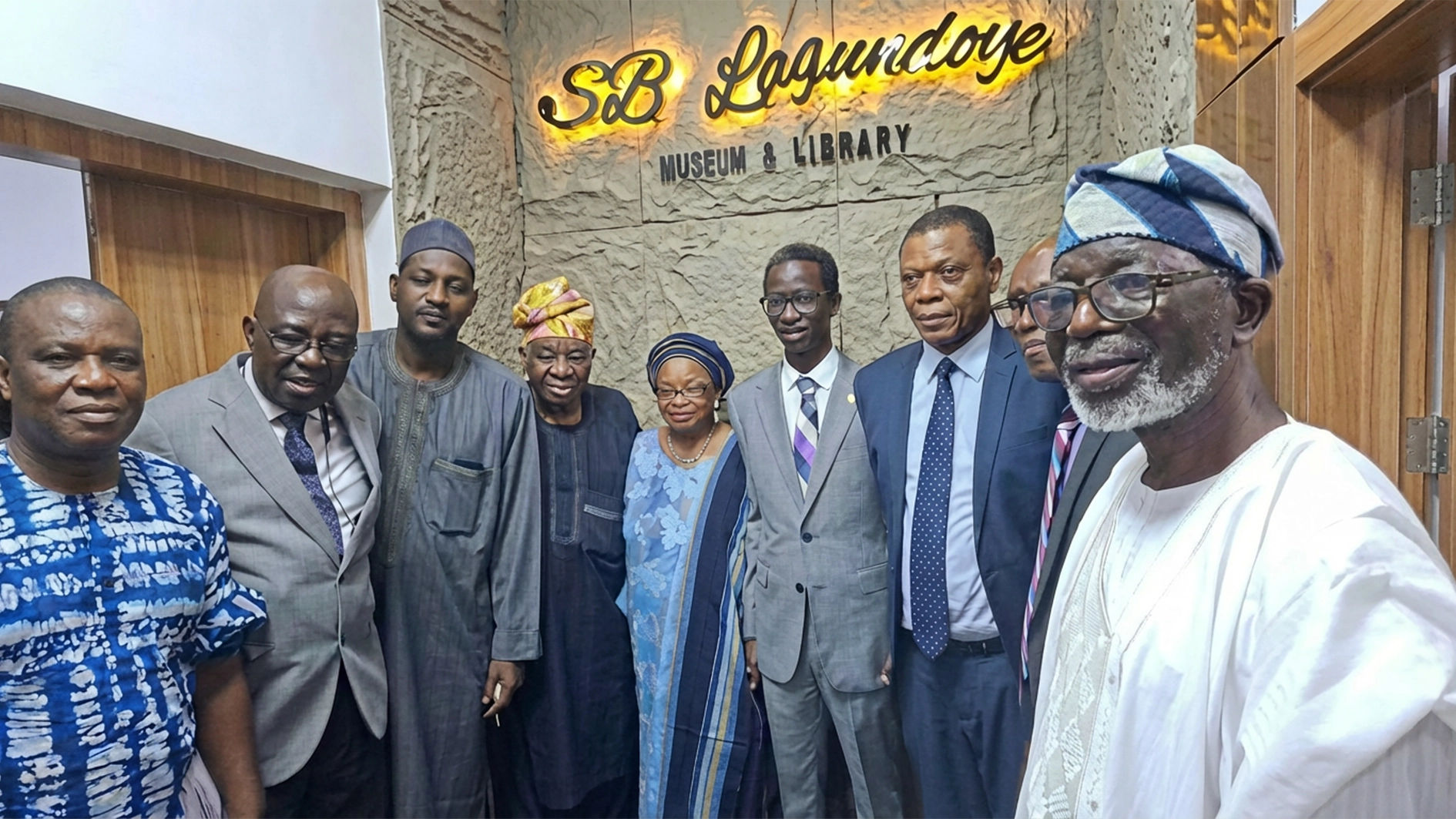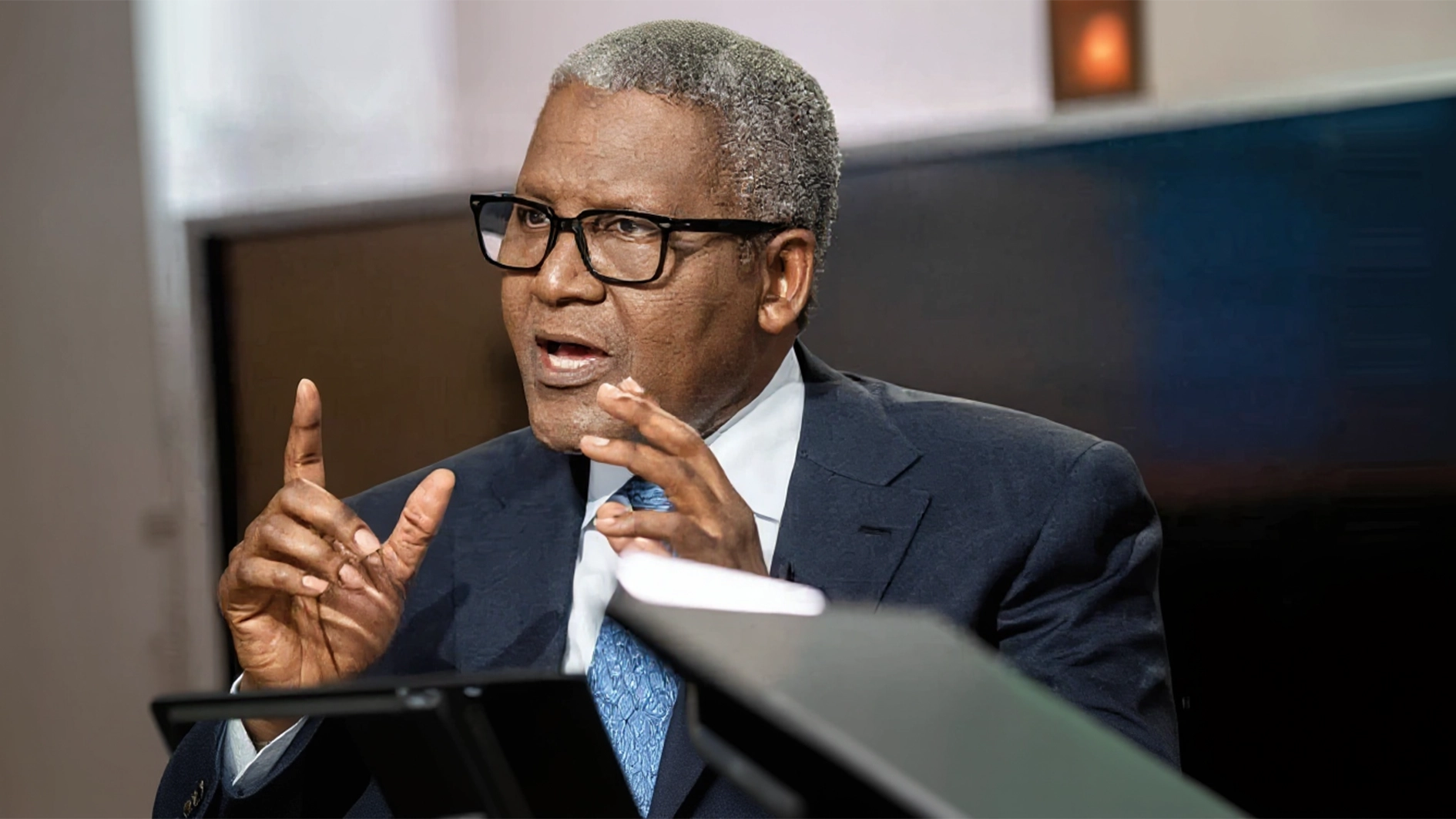
Since governor came on board in Ogun State, public primary schools have received new lease of life. Chairman of the state Universal Basic Education Board (SUBEB), Dr. Femi Majekodunmi, told GBENGA AKINFENWA what the state has done to place the schools in goodstead.
Cultism, drug abuse and other anti-social behaviour are common in schools today and Ogun State is not excluded, what measure are you putting in place to curtail this menace?
We have a bit of it in Ogun State just like any other state; it’s even more in secondary schools. We have experienced this, but we are equal to the task. We monitor them from time to time.
Our quality assurance department does not joke with any information about any of these unfortunate incidents in schools; be it drugs or immoral behaviour, not only by pupils, but teachers and we get them to face the disciplinary committee. We have had to sack teachers for immoral behaviour. All these abound, just as it abounds in the society at large.
One of the major challenges facing schools is the teacher/pupil ratio. How do you intend to balance the lopsided ratio to meet UNESCO’s standard?
Very soon, we’ll be launching the education endowment fund because government alone cannot take care of education funding; every government wants to retain the idea of free education and it’s an extremely expensive exercise. Governor Dapo Abiodun has done a lot, but there is still more to be done to reach that level.
It’s often said that government alone cannot fund education. How much of private sector participation do you receive in terms of education development?
We have the Parent Teachers Association (PTA) and we have the School-Based Management Committees (SBMCs). These and many other groups are in the schools, depending on the community. They help when it comes to minor issues.
The SBMC, for example, emphasises a situation where leaders in the community are the members. More often than not, you have community heads or Obas as chairmen of the various school management committees, and they are there to assist government in many ways.
We have some external ones too – companies that help in many ways. They provide some of our needs, such as building of classrooms, toilets, fences as well as boreholes.
In the area of teaching, we have the Teach For Nigeria (TFN), which has assisted in provision of teachers. The Federal Ministry of Education has also introduced different programmes to meet our needs. A new innovation has just come up – smart schools. Each state is going to have smart school, which consists of a complex structure, the type we’ve not had in many states. Ogun State is building one somewhere in Ikenne.
Infrastructure is one of the challenges confronting public schools, what is the situation in Ogun State?
Before the present administration, the situation was terrible in all the schools. One of the first things governor Abiodun did was to place education in the front burner by putting in the much-needed counterpart fund of about N10billion, plus the matching grant from Universal Basic Education Commission (UBEC) to build new schools – what we call the Yellow Roof revolution. Dilapidated structures were renovated, toilets were built and boreholes sunk for provision of portable waters. It was like a revolution. Not only that, employment of teachers is still ongoing.
What kind of capacity development programmes do you have for teachers?
There is a lot being done to maintain what we have, train teachers and retrain them. We have from UBEC itself, which puts in a huge sum of money from time to time. The last one we had was for 2018/2019; we are expecting that of 2020/2021 very soon.
We were able to train thousands of teachers on many aspects of teaching and we not just train them on the spot; we have cluster training where teachers from different schools are brought together and university professors give them further training. We were able to train thousands of teachers and their welfare is also well taken care of. They are given running costs in their various areas and monthly stipends, which run into about N64m monthly.
Are teachers in rural and urban schools in Ogun treated differently?
They are not really treated differently, but we are clamouring for a situation where they will be treated differently by way of getting something extra for those in rural areas. Because when you consider many of the teachers in rural areas, they have their base in the towns; many of them still live in towns and they have to pay for transportation on a daily basis to come back. They need the incentive to make them stay. We also shortage of teachers in rural areas, because pressure is so much on us to transfer those in rural areas to the city that’s already filled with teachers.
What are the other challenges facing Ogun SUBEB?
Despite employing teachers, we still need more. A lot has been done to improve the situation when it comes to employment of teachers. When it comes to their welfare, a lot has also been done. I’m sure there’s still more to be done; nobody gets it fixed 100 per cent.
Laxity in the inspectorate system is considered a factor in the falling education standard. What measures are being put in place to monitor teachers?
We have a department –Quality Assurance Department saddled with the responsibility of going around regularly to make sure that many things are in place – teachers doing their work the way they should, pupils coming to school regularly, teachers being punctual in school.
As chairman, I go around with different teams. We have to go to different senatorial districts to inspect what is going on; the same as when they are having examinations, we also go around as much as possible to ensure everything is in place.
The rate at which mushroom private primary schools are springing up is worrisome, how are you controlling this?
Basic education is compulsory for all. When you take it from there, the governor, with his enabling powers, is doing what he should by way of provision of necessary tools to make things work.
We expect every child to be in school. Of course, we have cases of out-of-school children; those who should be in school that are not. That is another area we are working on. There is World Bank assistance for the policy of Better Education For All, with this, we make sure we put all in place and that is why I talked of the different departments: administration, school services and quality assurance. With all these working together, we expect better education delivery in the state.
The Federal Government has just approved the use of mother tongue for teaching in basic schools, how would you react to this?
We all realise the need to do this. All over the world, it has been discovered that using native language as official language or language to teach pupils is better. You have better understanding, control and usage of the language. If this is done, what we expect is that our children will do better in any assessment and other examinations given to them.






